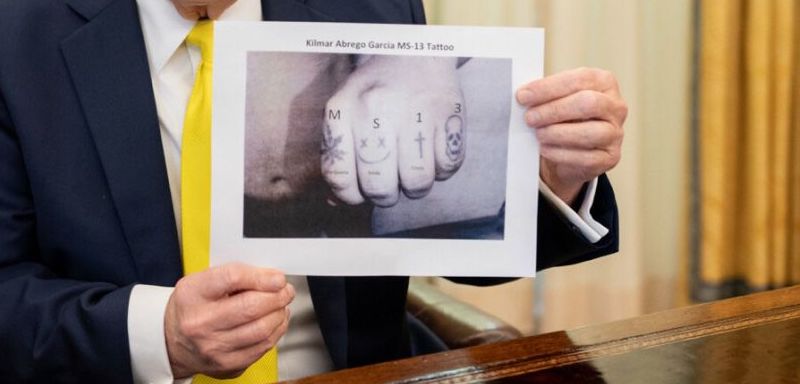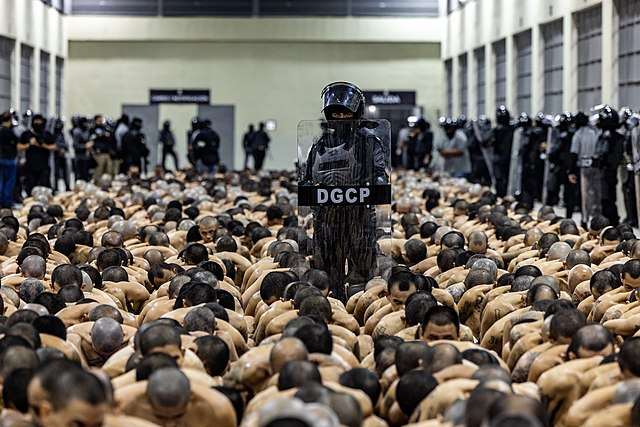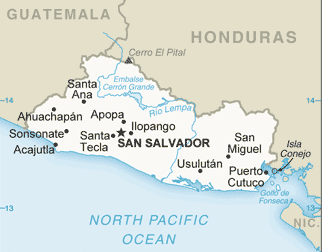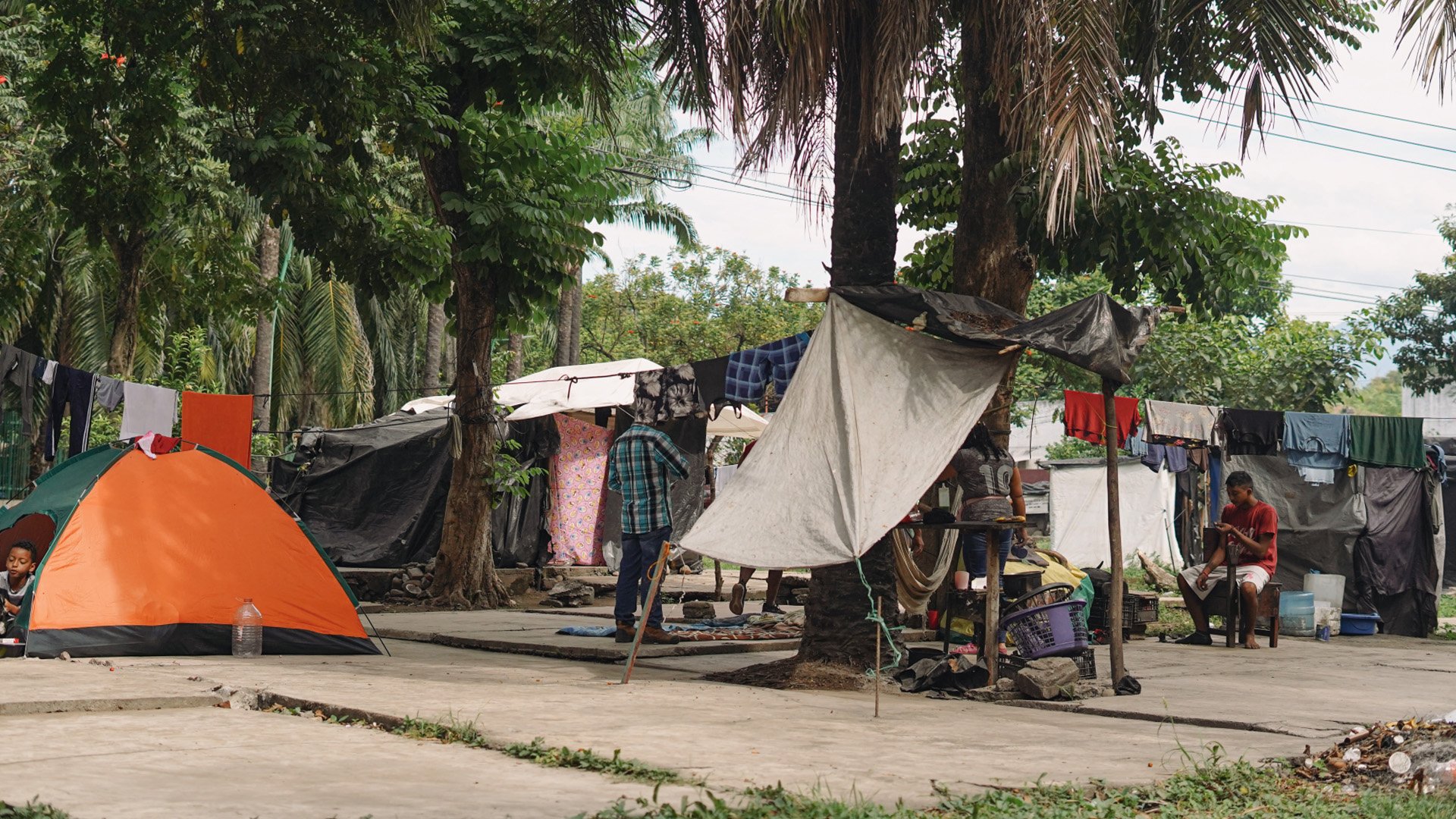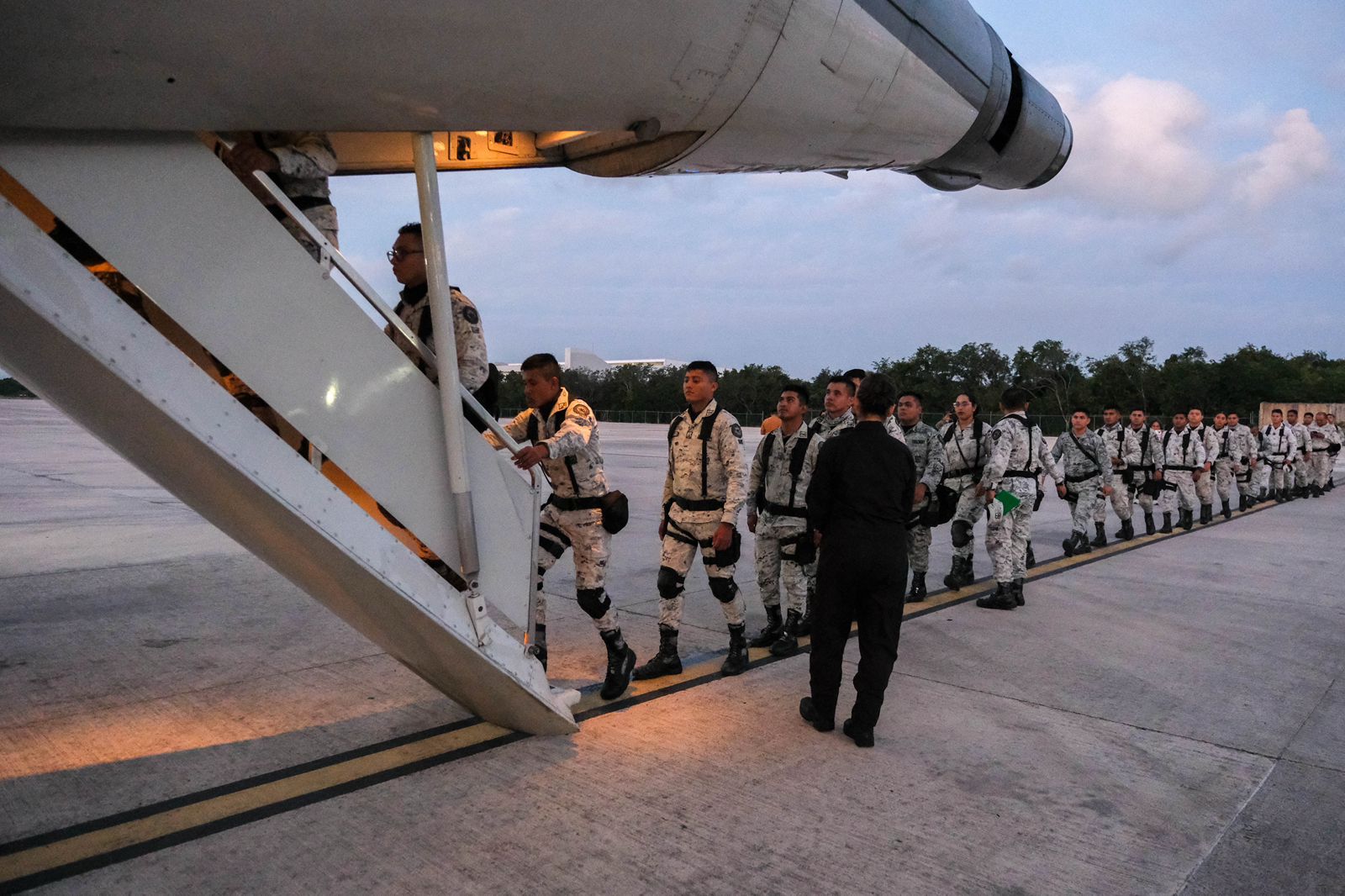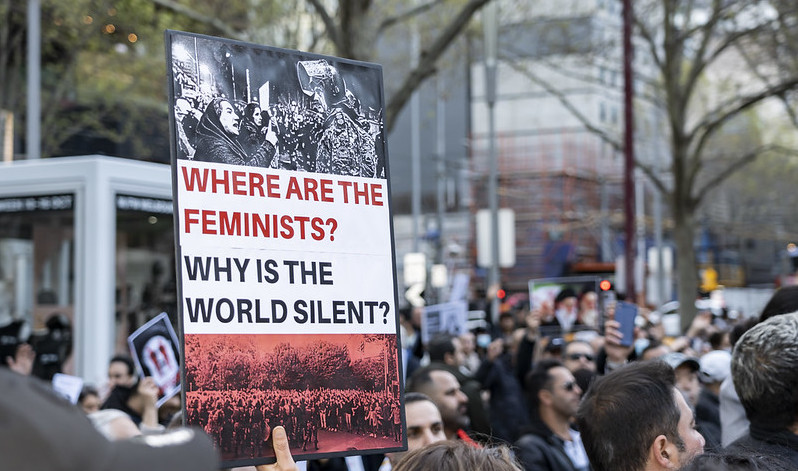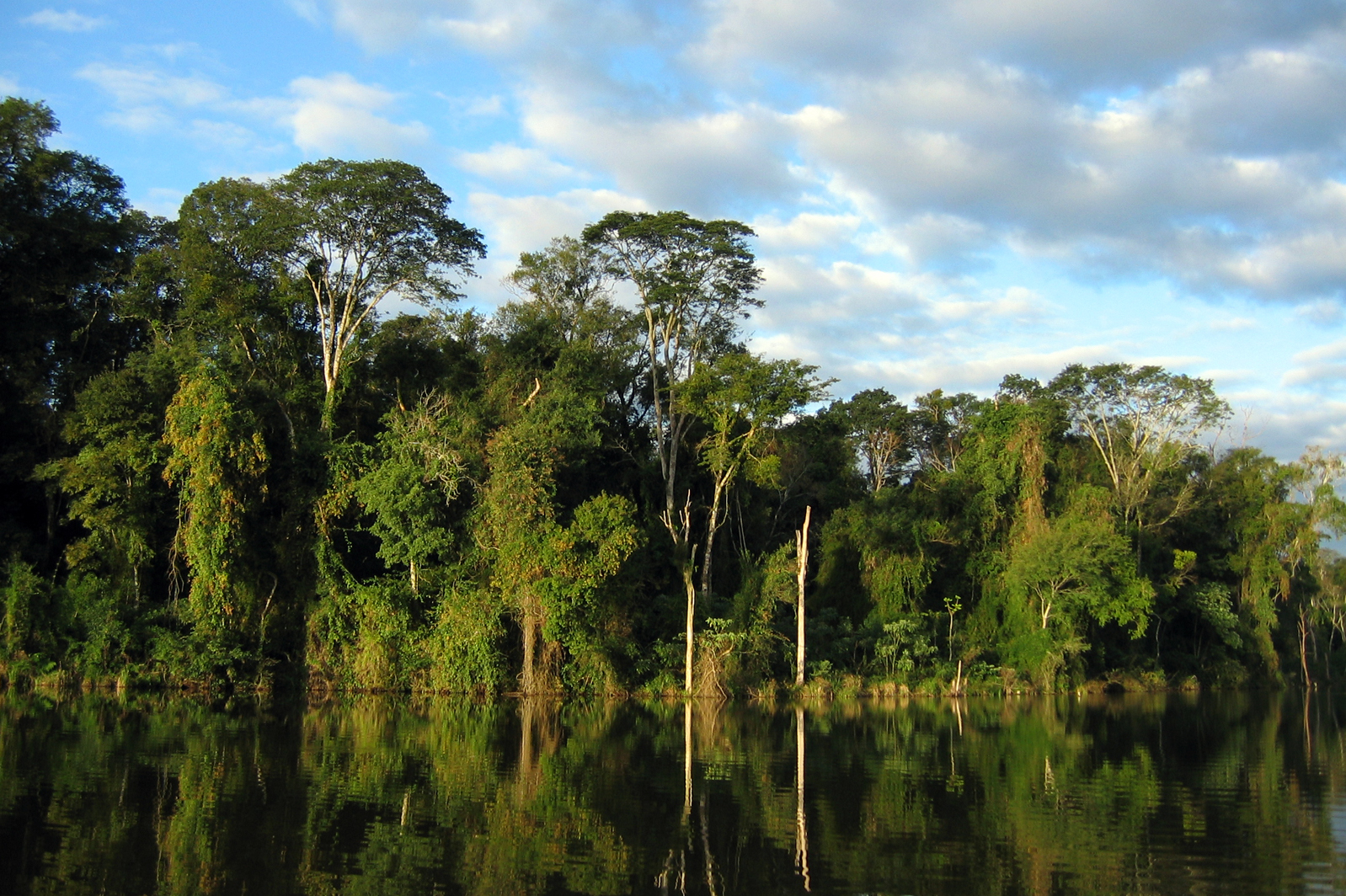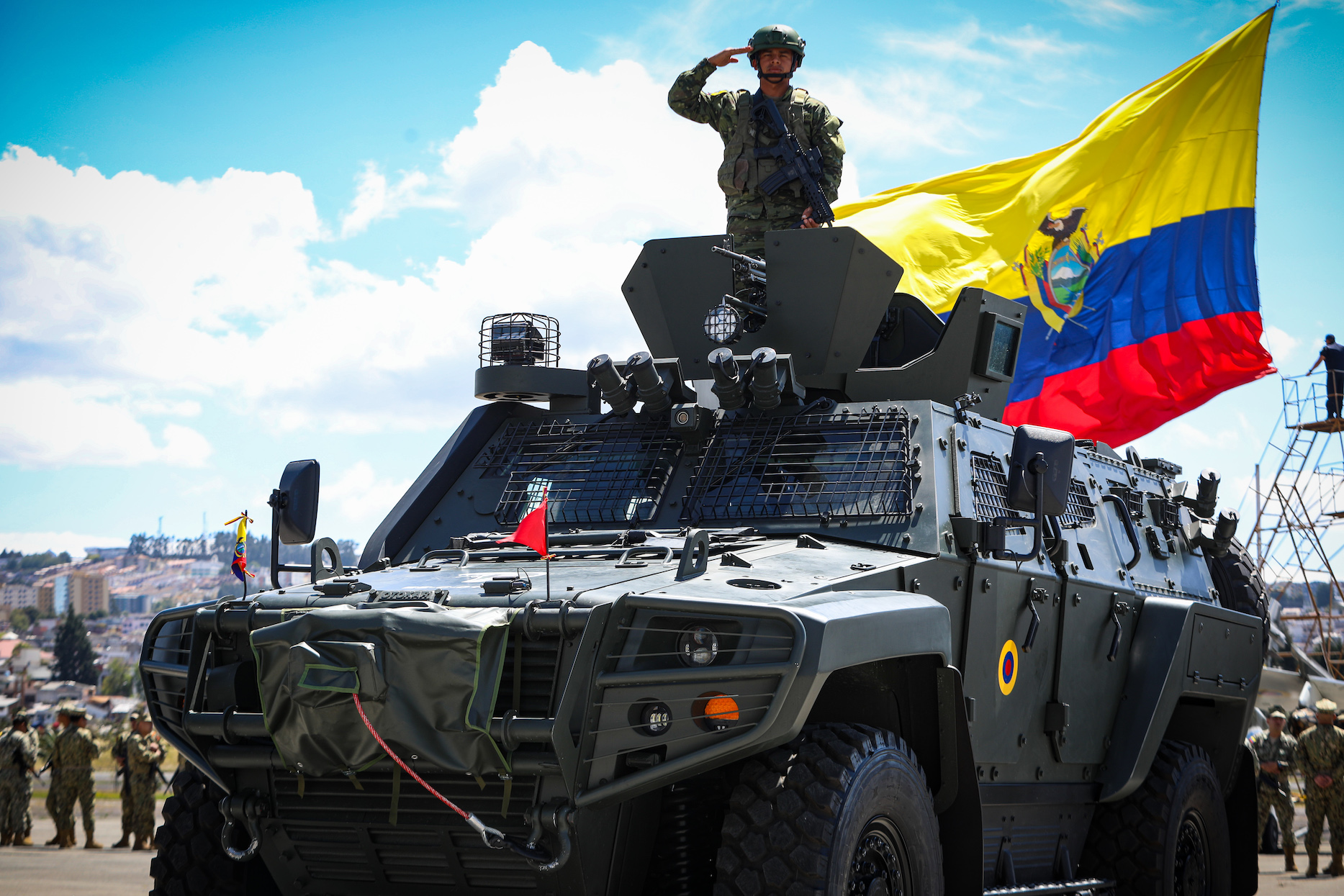
Israel, UAE to assist Ecuador drug war
Ecuador’s President Daniel Noboa says he is seeking assistance from Israel and the United Arab Emirates to combat the drug cartels that are terrorizing the South American country. The hardline rightist who won re-election last month said Israel and the UAE have agreed to provide intelligence aid “to help” fight the narco gangs. A day after Noboa’s comments, Ecuadoran authorities announced that 11 soldiers were killed while carrying out an operation to combat illegal mining in a region near the border with Colombia. The Prosecutor General’s office said the troops were attacked by the Comandos de la Frontera, a “dissident” faction of Colombia’s FARC guerillas that controls cross-border drug trafficking and illegal gold-mining operations in the eastern province of Orellana. (Photo: Presidencia de la República del Ecuador via WikimediaCommons)



